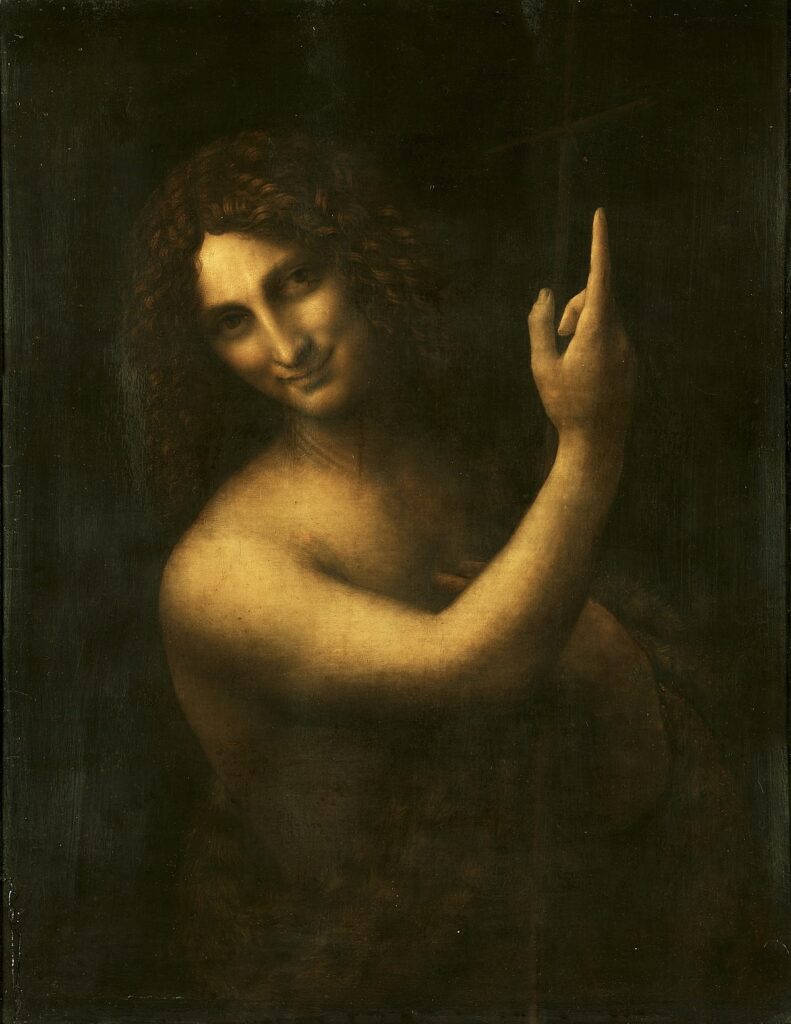
(The Theology of Lust)
Ralph Mercier Vince’s The Theology of Lust is a provocative, deeply introspective, and multi-layered narrative that delves into the complexities of desire, deceit, and the human psyche. With an intentionally unconventional structure, the novel is rich with soliloquies and internal monologues, offering a raw and unfiltered glimpse into the mind of the protagonist, Richard “Ricky” P.C. White. Vince’s exploration of lust, not just as a physical desire but as a driving force for power and control, is both compelling and unsettling. The novel’s strength lies in its character development of the protagonist, Ricky, who is a self-proclaimed romantic and artist of seduction. The interplay between Ricky’s romantic entanglements and his darker, more manipulative tendencies reveals a character grappling with morality, which ultimately places him in increasingly dangerous situations. Vince’s ability to weave together themes of duality – between alternate universes and reality, between heroism and villainy – is impressive. A look at the length to which people will go in the pursuit of power and love, The Theology of Lust offers a fascinating, and maybe even controversial, look at the human psyche, relationships and desire. It is a work that will linger on the mind long after reading the final page, compelling readers to reflect on their own moral compass and the consequences of their desires.
